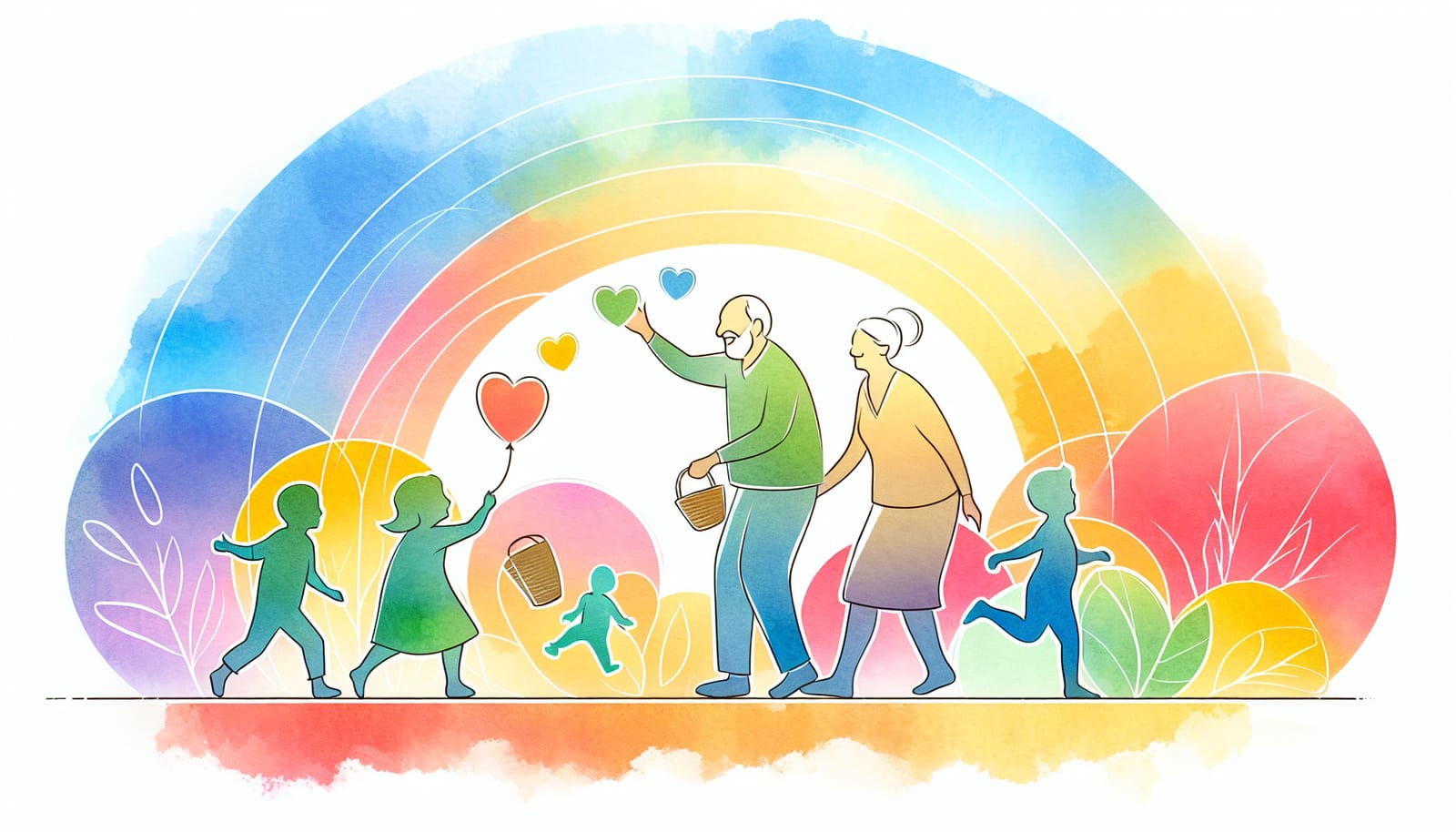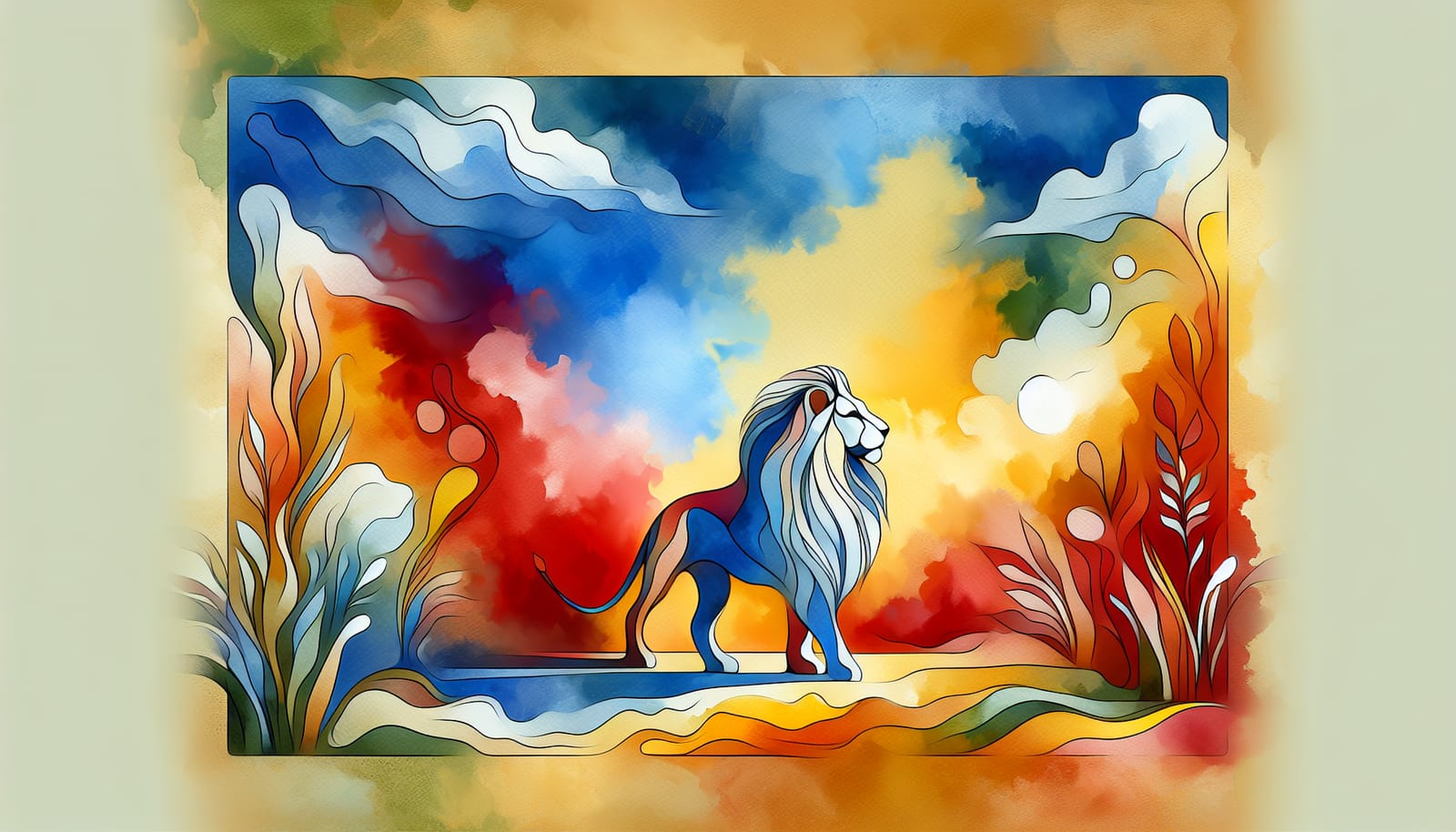In an exciting new study conducted by researchers at the University of British Columbia, a fascinating question was explored: Would you prefer to have a guaranteed 10 cents in your pocket or a thrilling 1-in-10,000 chance to win $1,000? The results of this inquiry could hold the key to inspiring more individuals to recycle!
The findings, published in the journal "Waste Management," reveal a delightful twist on traditional recycling rewards. Instead of the usual small cash refunds of 5 or 10 cents for returned bottles, researchers experimented with offering participants a chance to win a substantial cash prize. The outcome was remarkable—participants recycled an astounding 47% more bottles when presented with the opportunity to win $1,000.
Dr. Jiaying Zhao, an associate professor in psychology and the study’s senior author, shared her enthusiasm, stating, “This small change in how we reward recycling made a big difference. People were more excited, more engaged, and they brought in more bottles.” She noted that the excitement of a potential big win is often more motivating than a modest guaranteed reward, much like the thrill of purchasing a lottery ticket.
The researchers conducted three experiments across British Columbia and Alberta, regions with established bottle deposit systems. Although these systems already provide a small refund for returned items, many bottles still end up in landfills.
In the initial experiments, participants had the choice between a guaranteed 10-cent refund or a chance to win amounts ranging from $1 to $1,000. Despite the odds being low, a significant number opted for the lottery-style reward. In the final experiment, those who received the lottery option returned nearly three bottles for every two brought in by those who received the guaranteed refund.
Interestingly, participants experienced a boost in happiness simply from having the chance to win, even if they did not claim the prize. This phenomenon, termed “anticipatory happiness,” made the recycling experience more enjoyable and fulfilling.
This innovative approach draws inspiration from a successful model in Norway, where a similar recycling lottery has led to an impressive bottle return rate of nearly 100%. Dr. Zhao highlighted, “The probabilistic refund could be their secret sauce. We hope Canada can adopt this innovative idea as well.”
In Norway, the lottery system has been in place for over a decade, yielding an impressive return rate of about 97% for plastic beverage containers. The model allows participants to choose between a guaranteed refund or the chance to win substantial prizes, with no requirement for cash entry, thus avoiding any gambling-like scenarios.
Moreover, some proceeds from the lottery in Norway support charitable organizations like the Norwegian Red Cross. Dr. Zhao raised a thought-provoking idea: “Instead of just getting 10 cents back, what if the proceeds went to a food bank or charity?” This concept is also part of ongoing research from her team, with promising results on the horizon.
Importantly, this lottery-style refund system would not incur additional costs compared to traditional methods, as both options would maintain the same average payout. Cities could implement this exciting new initiative without any increased financial burden, while still providing a choice for those who depend on the standard refund system.
Dr. Zhao emphasized the importance of offering a choice-based model, ensuring that individuals can select between traditional refunds and the new lottery initiative. “We want to give people the option to choose,” she stated, recognizing the need to support those who rely on these small incomes.
Overall, the study not only offers valuable psychological insights but also brings hope for a future where more people actively participate in recycling. Jade Radke, a lead author on the research, expressed optimism about the positive environmental impact, stating, “Creating new bottles comes with a lot of carbon emissions, and not recycling bottles also contributes to pollution. So it can be a meaningful way to decrease all of those things.”
If this engaging approach to recycling gains traction, it has the potential to significantly increase the number of bottles recycled, leading to a reduction in greenhouse gas emissions equivalent to removing one million cars from the road each year. This research opens the door to a brighter, greener future, filled with possibilities for positive change!


